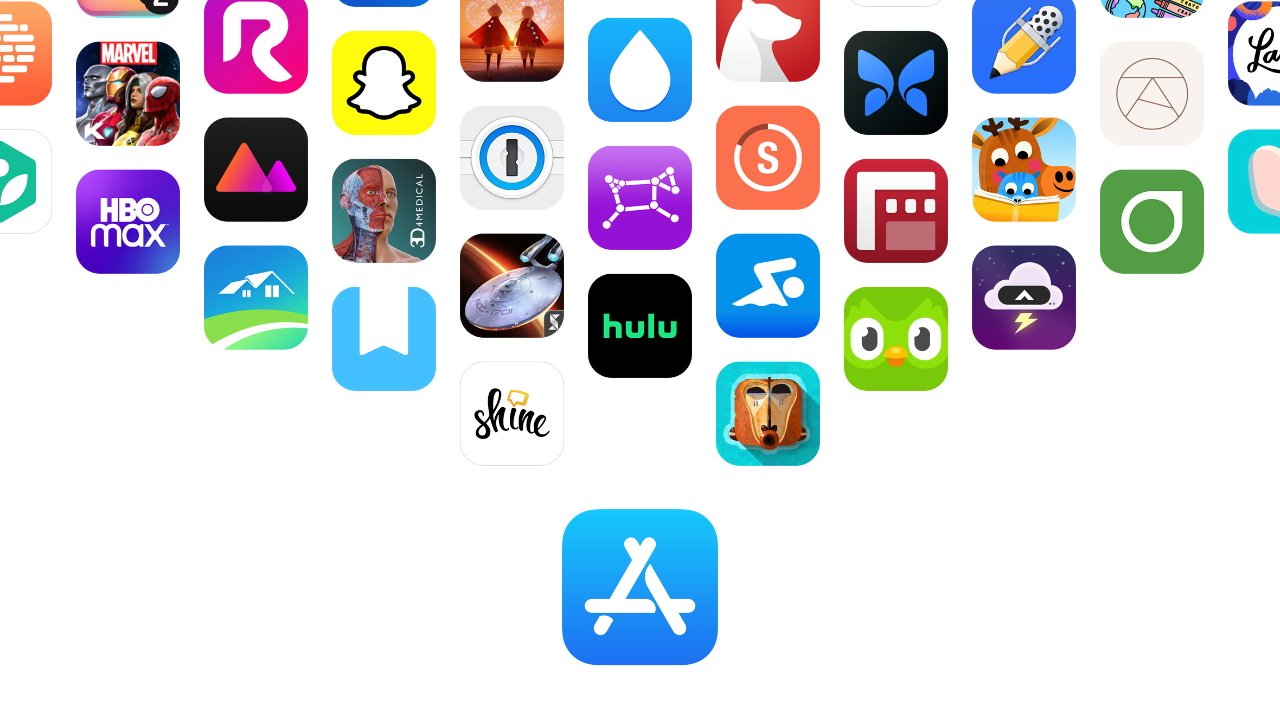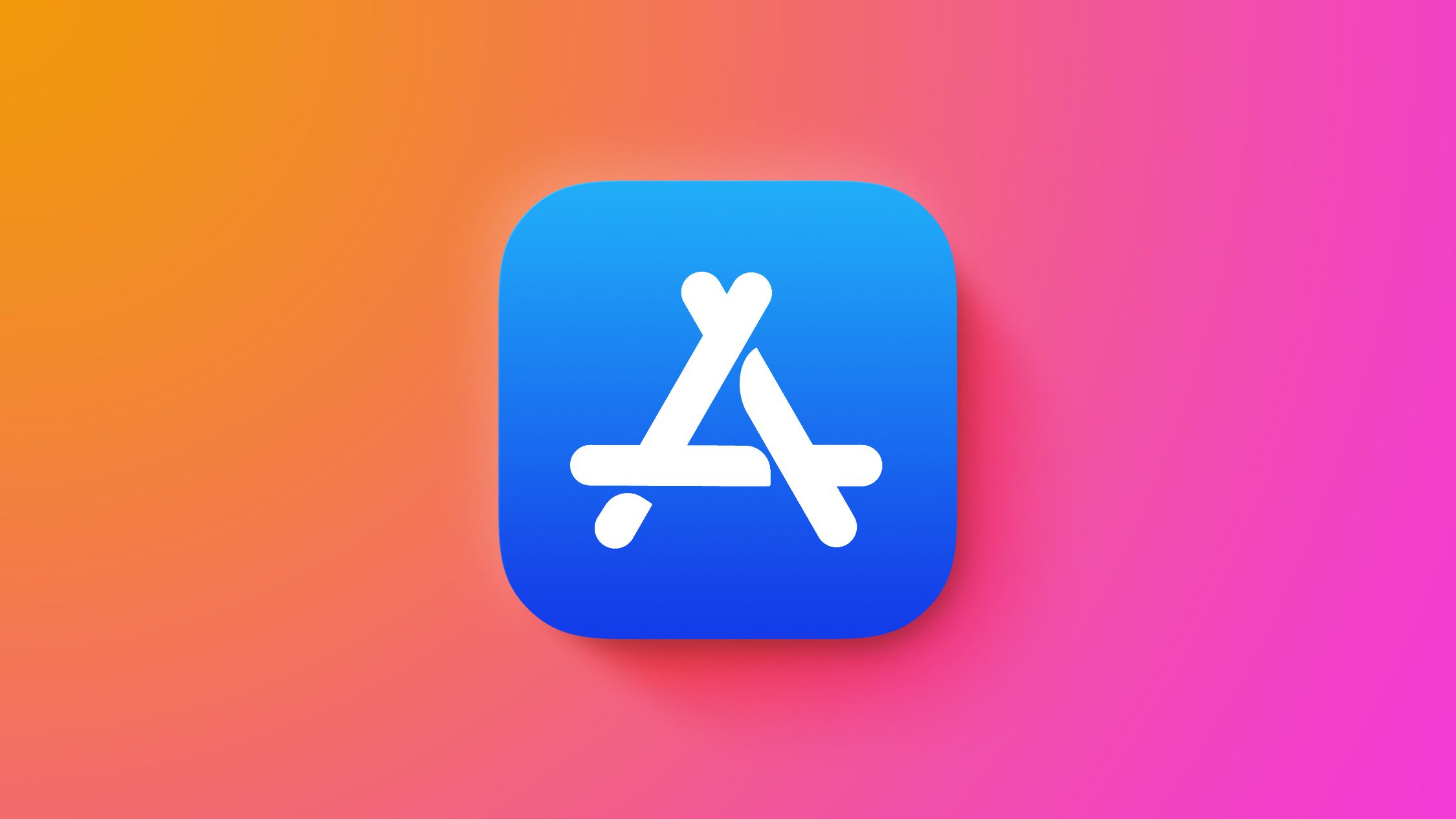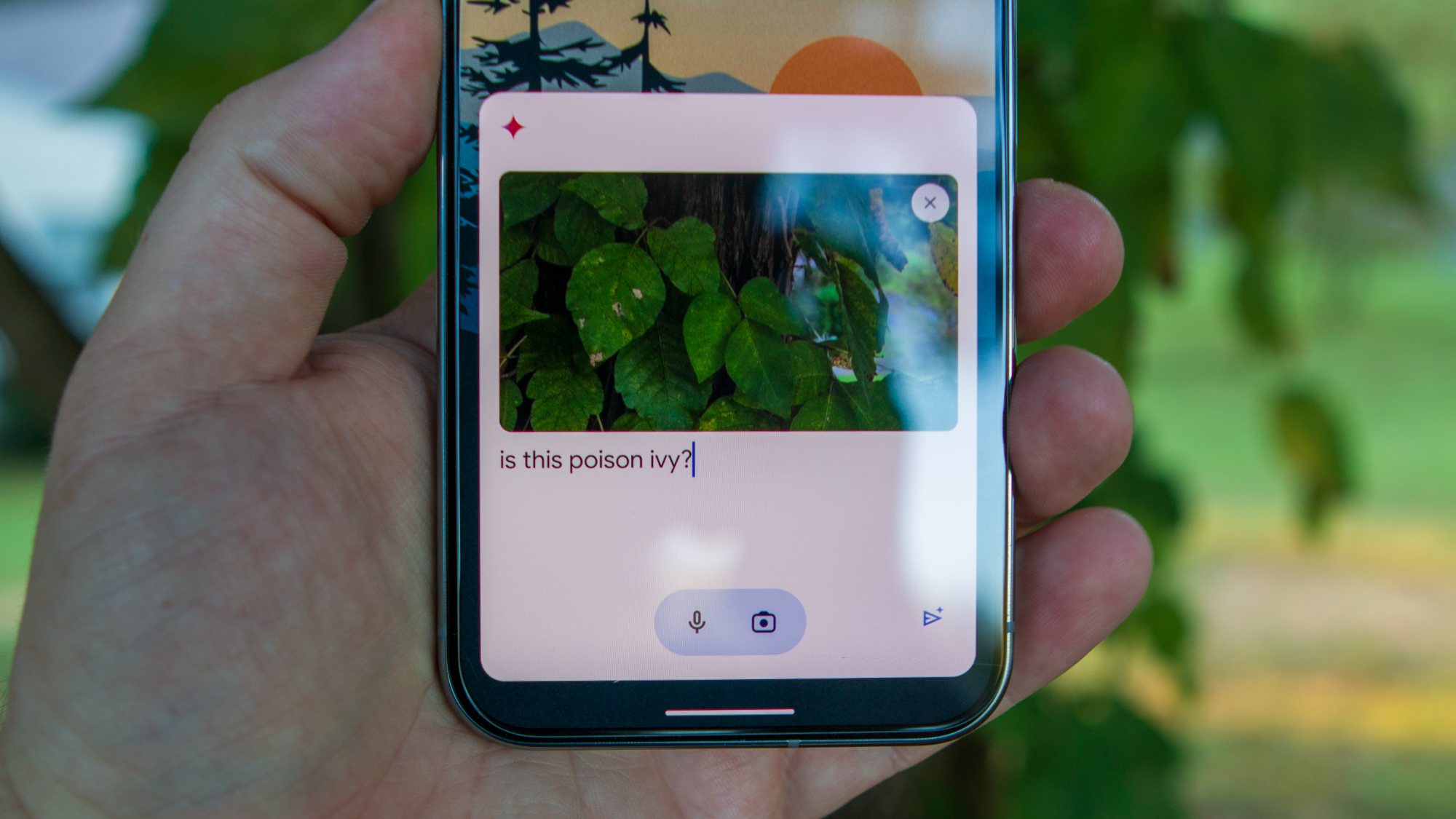Apple Adjusts Guidelines Following Judge's Ruling on External Purchases

In a significant turn of events, Apple Inc. has been compelled to revise its App Store guidelines after a federal judge issued a ruling that challenges the companys long-standing policies on external purchases. The ruling, delivered by Judge Yvonne Gonzalez Rogers, concluded that Apple's restrictions on external payment links constituted a willful violation of an earlier injunction. This comes at a turbulent time for Apple, as analysts closely scrutinized its recent earnings results, casting doubt on the company's financial trajectory amidst growing scrutiny over its App Store practices.
Following the judge's decision, Apple updated its guidelines to reflect the necessary compliance while preparing to appeal the ruling. The changes were first reported by the tech news outlet 9to5Mac, which highlighted the newly modified language concerning external payments and links to other purchasing mechanisms. Apple has assured developers that it will align with the court's directives, although it currently appears to reject an overture for reconciliation from Epic Games CEO.
The revisions to the App Review Guidelines specifically address the court's ruling regarding buttons, external links, and other actionable elements within apps. Notably, these changes are applicable to applications distributed within the United States App Store, marking a pivotal shift in how developers may interact with consumers regarding payment options.
Numerous developers are already seizing the opportunity to update their apps in a manner that circumvents Apple's traditionally enforced in-app purchase system. Prominent platforms such as Spotify and Patreon have swiftly moved to outline their pricing strategies and incorporate external purchase links within their applications. This rapid response underscores the potential disruption that this ruling could bring to Apple's revenue model, which has heavily relied on in-app purchases subject to a commission.
Historically, Apple has been hesitant to permit external links for fear of significant revenue losses from its commission structure, which has been a critical income stream for the company. This apprehension is echoed in Judge Gonzalez Rogers' ruling, where she remarked, "Cook chose wrong," referencing CEO Tim Cooks decision to uphold stringent controls on payment methods within the App Store.
The updated guidelines now specify several key points with regard to compliance in the United States:
- 3.1.1 In-App Purchase: Apps may now allow users to browse NFT collections owned by others. However, with the exception of apps available on the U.S. storefront, they cannot include buttons, external links, or calls to action that direct customers to purchasing options outside of in-app purchasing.
- 3.1.1(a) Link to Other Purchase Methods: Developers are no longer required to include buttons, external links, or calls to action within apps located in the U.S. storefront for these entitlements.
- 3.1.3 Other Purchase Methods: Apps in this category are prohibited from encouraging users to utilize purchasing methods other than in-app purchases, unless they are apps on the U.S. storefront.
- 3.1.3(a) "Reader" Apps: Developers can now include buttons, external links, or other calls to action without requirements, specifically for apps on the U.S. storefront.
As Apple embarks on its appeal, the future of these changes remains uncertain. Given that many of the global App Store's operational rules are derived from practices established in the United States, it is conceivable that these revised requirements could eventually become the global standard if they withstand legal scrutiny.
















